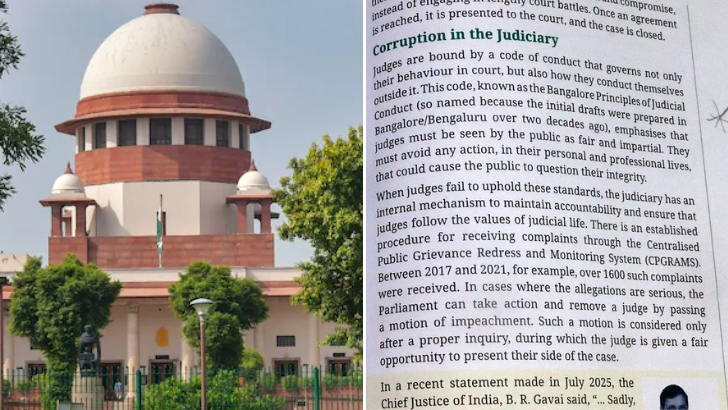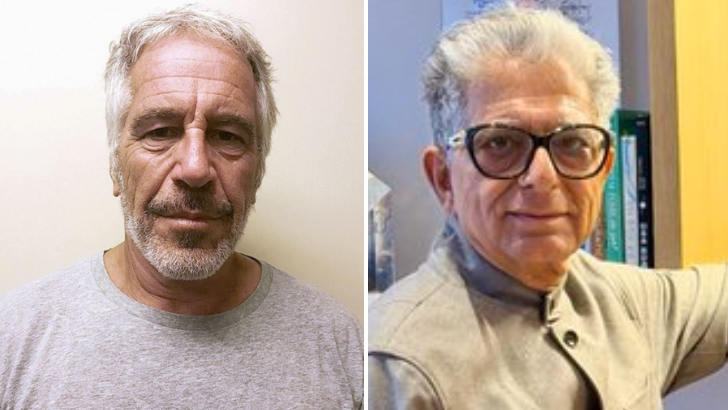Infosys prize only for researchers aged up to 40 years
This is being done with the objective of rewarding potential and recognising the promise of future achievement, it said
PTI
-
Infosys Science Foundation President, Kris Gopalakrishnan, NR Narayana Murthy and Pratima Murthy in Bengaluru on Wednesday. PHOTO: PTI
Bengaluru, 15 May
The Infosys Science Foundation (ISF) on Wednesday announced that it is steering
its 'Infosys Prize' into a new direction by transitioning from a mid-career
prize to an early-career one, revising the upper age limit for the winners to
40 from 50.
This is being done with the
objective of rewarding potential and recognising the promise of future
achievement, it said. It said, winners who are not based in India will be
requested to spend 30 days (in a maximum of two trips) at a host institute in
India, to build networks and spark conversations with research groups here.
The categories that the Infosys
Prize recognises would broadly stay the same, the ISF said. Economics, however,
will now be a separate category. Previously, it was awarded under the Social
Sciences category.
From 2024, the six categories that
the Infosys Prize will be awarded in are: Economics, Engineering & Computer
Science, Humanities & Social Sciences, Life Sciences, Mathematical
Sciences, and Physical Sciences.
The Infosys Prize is awarded by the
ISF, a not-for-profit trust set up in 2009. The award is given annually to
honour outstanding achievements of contemporary researchers and scientists in
the six categories.
Each prize consists of a gold
medal, a citation, and a purse of USD 100,000. The award intends to celebrate
excellence in research and inspire a younger generation of scholars to take up
science and research as a career, it said.
IT veterans bat for increased
funding for research
Narayan Murthy and Gopalakrishnan
batted for increasing funding for research and higher academic institutes by
both the private and public sector. They stressed on the need for changing
certain archaic things by bringing in innovative ideas in this regard.
Speaking to reporters here, Gopalakrishnan said, "Look at US universities
-- MIT, Harvard, Stanford, etc -- they get endowments worth billions of
dollars. I hope that our alumni will contribute more to our institutions."
"Today our institutions are primarily dependent on government funding....I
want to see more industry participation," he said.
Concurring with him, Murthy said
there is a need to change some of the archaic things; for example even today an
entrepreneur cannot donate shares to academic or research institutions. -PTI
Leave a Reply
Your email address will not be published. Required fields are marked *








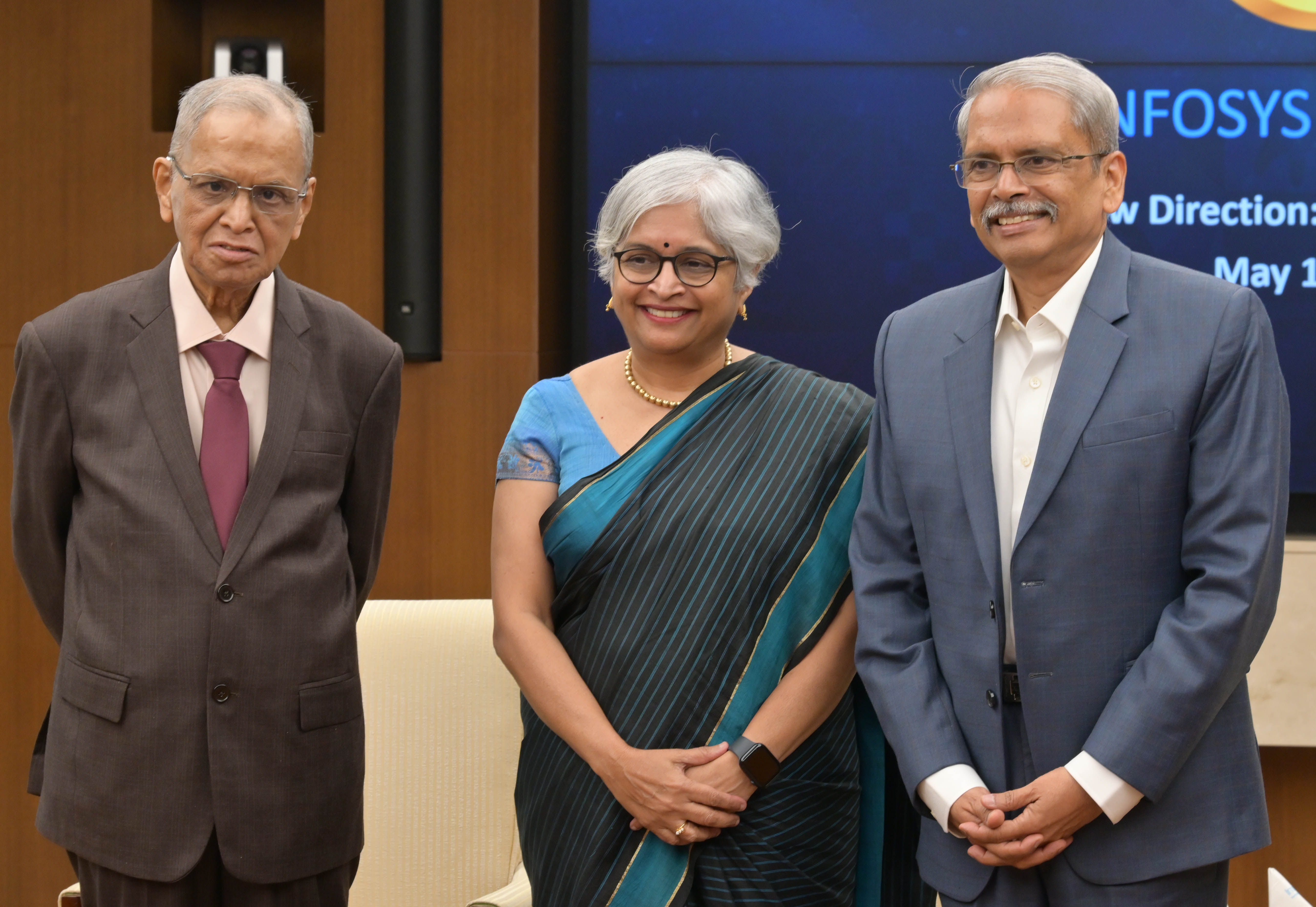

.jpeg)

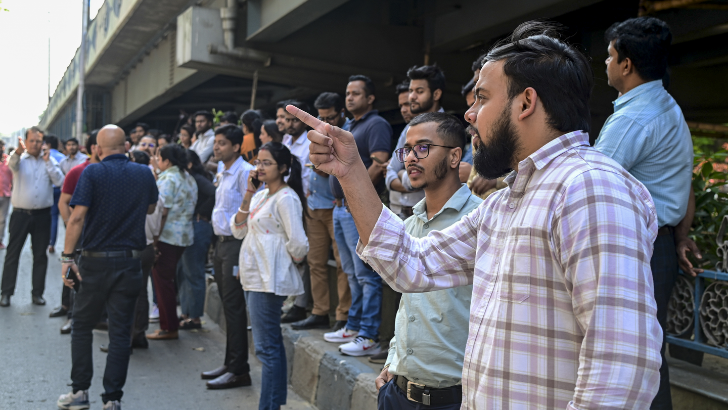
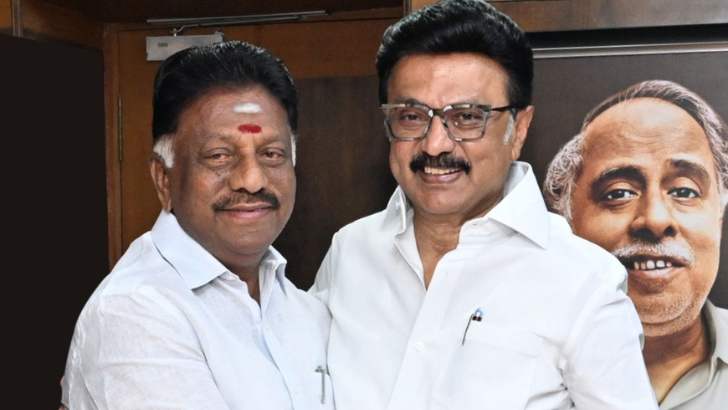
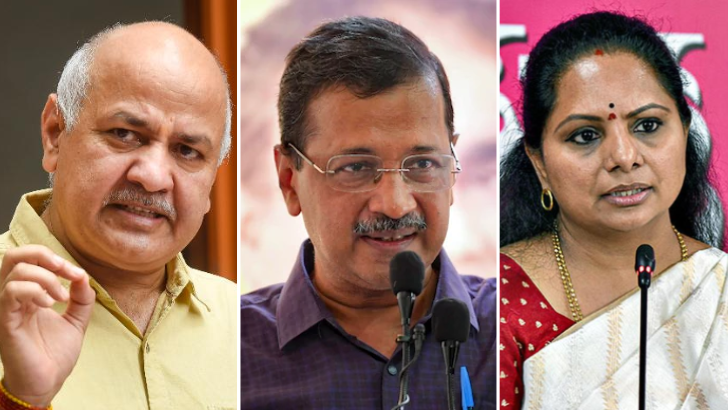
.png)

